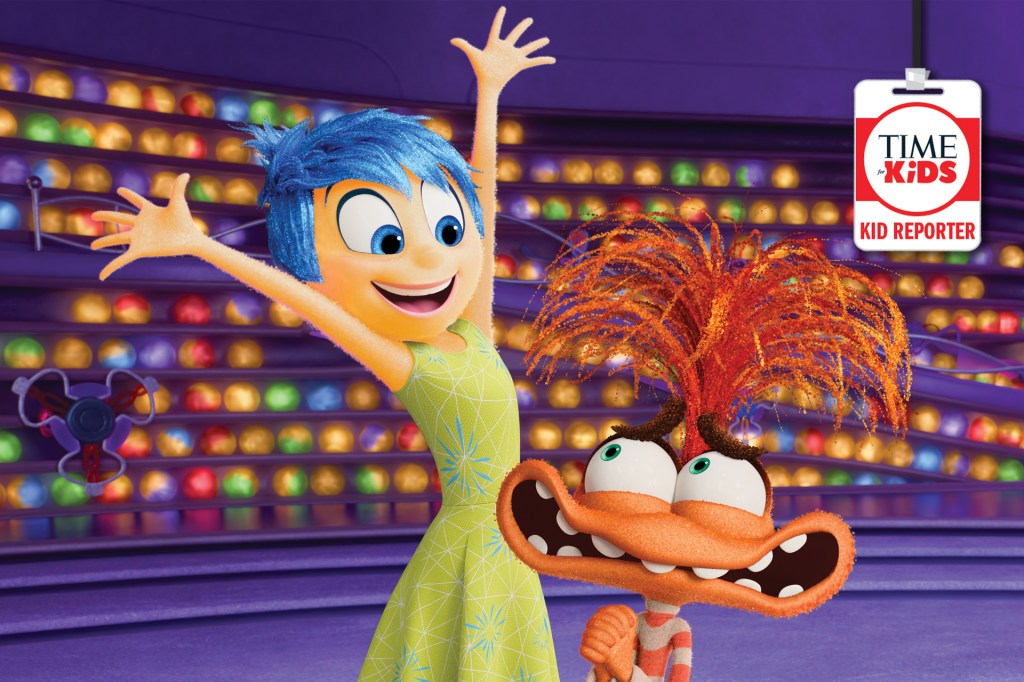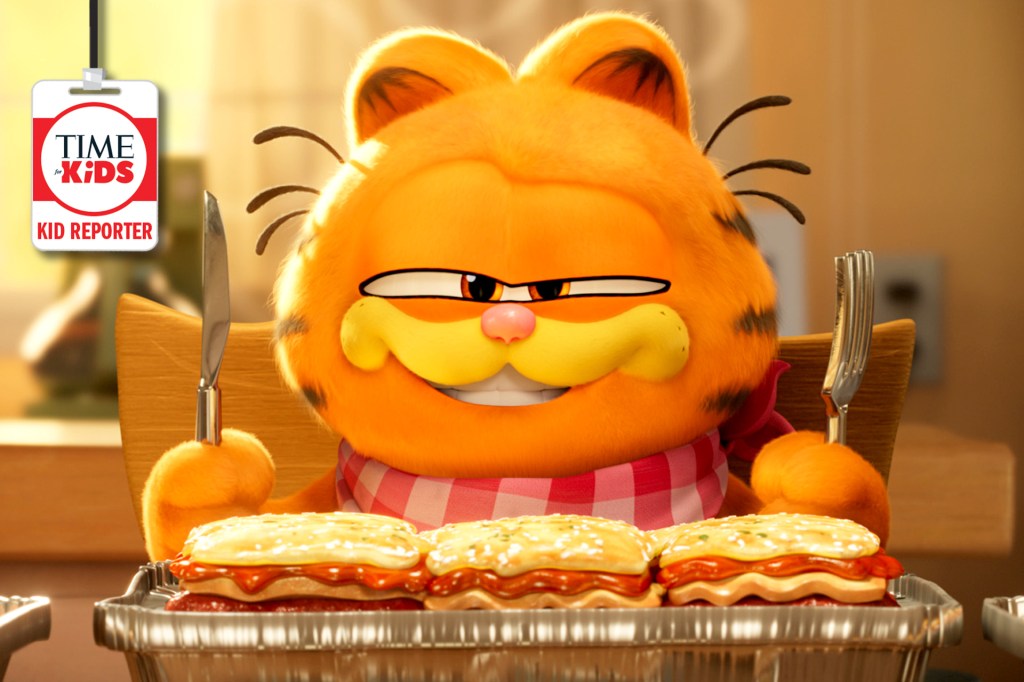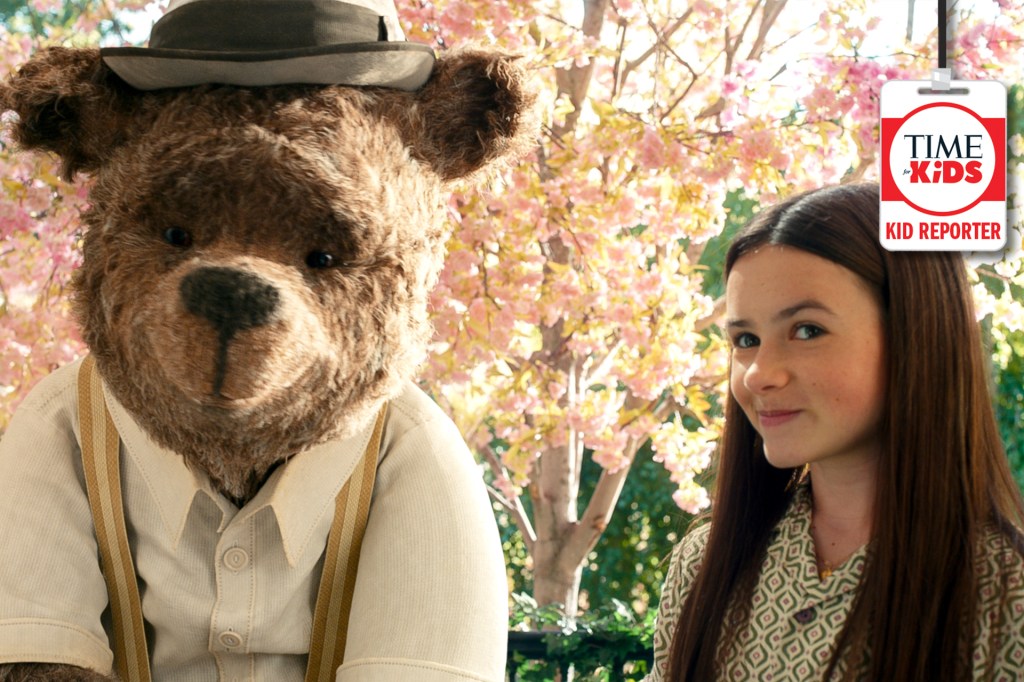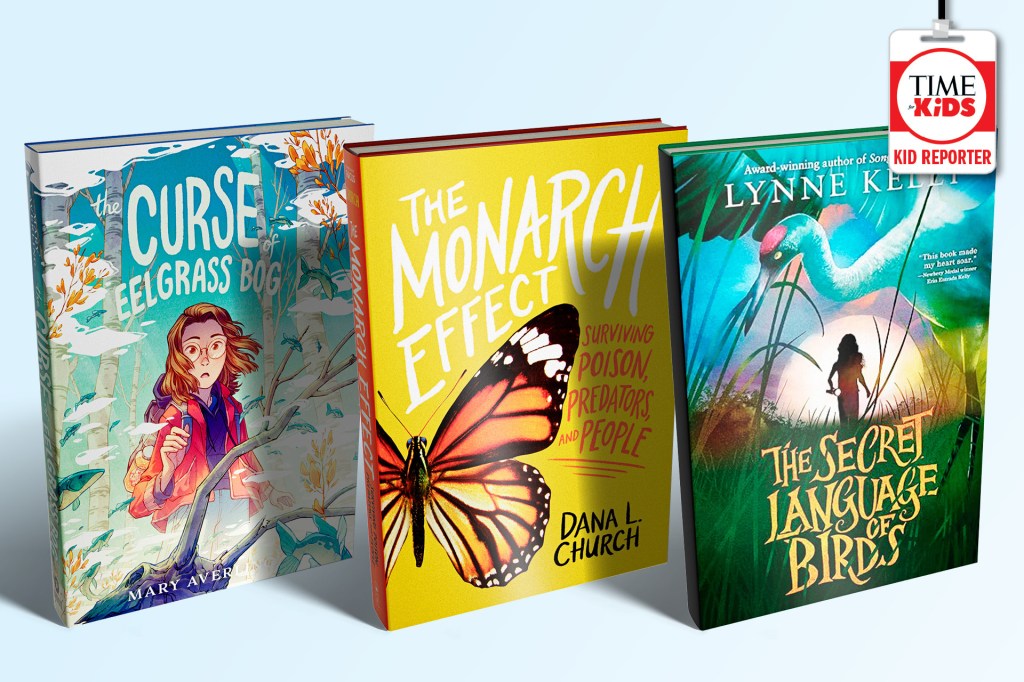
Jason Chin is an author and illustrator. His new book, The Universe in You, explores life under the microscope. “It’s about looking really close at the world around us,” he says, “and the very, very small things we’ve discovered.” Chin spoke with TFK Kid Reporter Sarayu Bhumula.
What inspired the book?
It started as a question: “How small is the smallest thing we know of?” That led to more questions, so I started doing research. Out of that research came this book.
How did you do that research?
The concept of the book is that each time you turn the page, you see something that’s smaller than what’s on the page before. So it starts with small animals, then goes to the hairs on your body, and then to cells, and then inside of cells, and so on. The first thing I did was try to figure out what small things I’d put in the book, because there are lots of them out there. Then I investigated each one. Talking to researchers and scientists was an important part of my work.
What was your favorite part of the research?
One of the people I talked to is a microscope technician at the University of Vermont. She took me on a tour of her lab, and I got to see the electron microscopes and how they work. I really enjoyed that little field trip.
You did all the artwork for the book. How did you start?
The final paintings are done with watercolor. But the pictures all start with something called a storyboard: a series of thumbnail illustrations. (These are small, like a thumbnail. That’s how they get their name.) I do a lot of different storyboards, because at the beginning of a project, I’m constantly revising the text.
Can you tell me about the title of the book and what it means?
The closer you look at the universe— at things, at matter, or at our bodies—the more things look the same. People are made of cells, just like every other living thing. There are just a handful of different kinds of particles that make up the entire universe, which means we’re all connected to the universe. It’s part of us. I found that really fascinating, and profound. I hope readers will understand not only their connection to the universe but also how unique they are.











